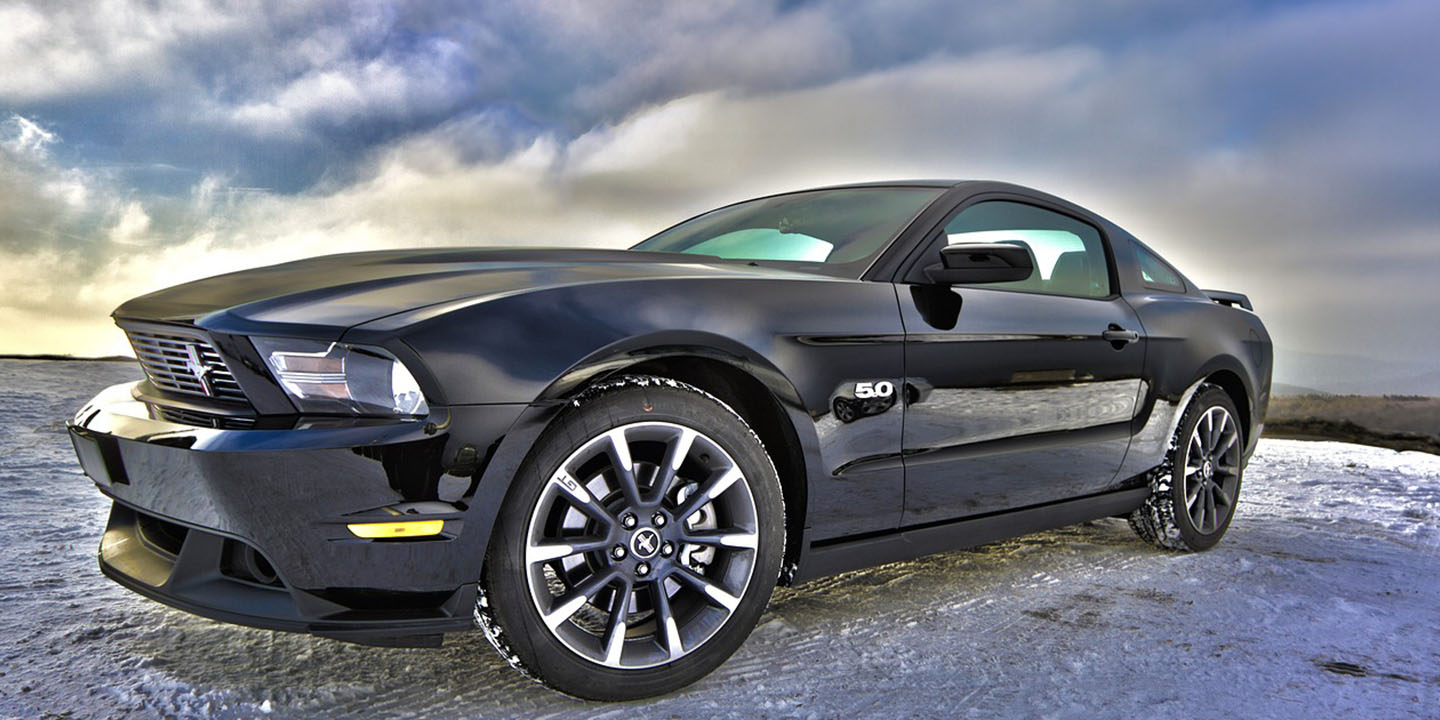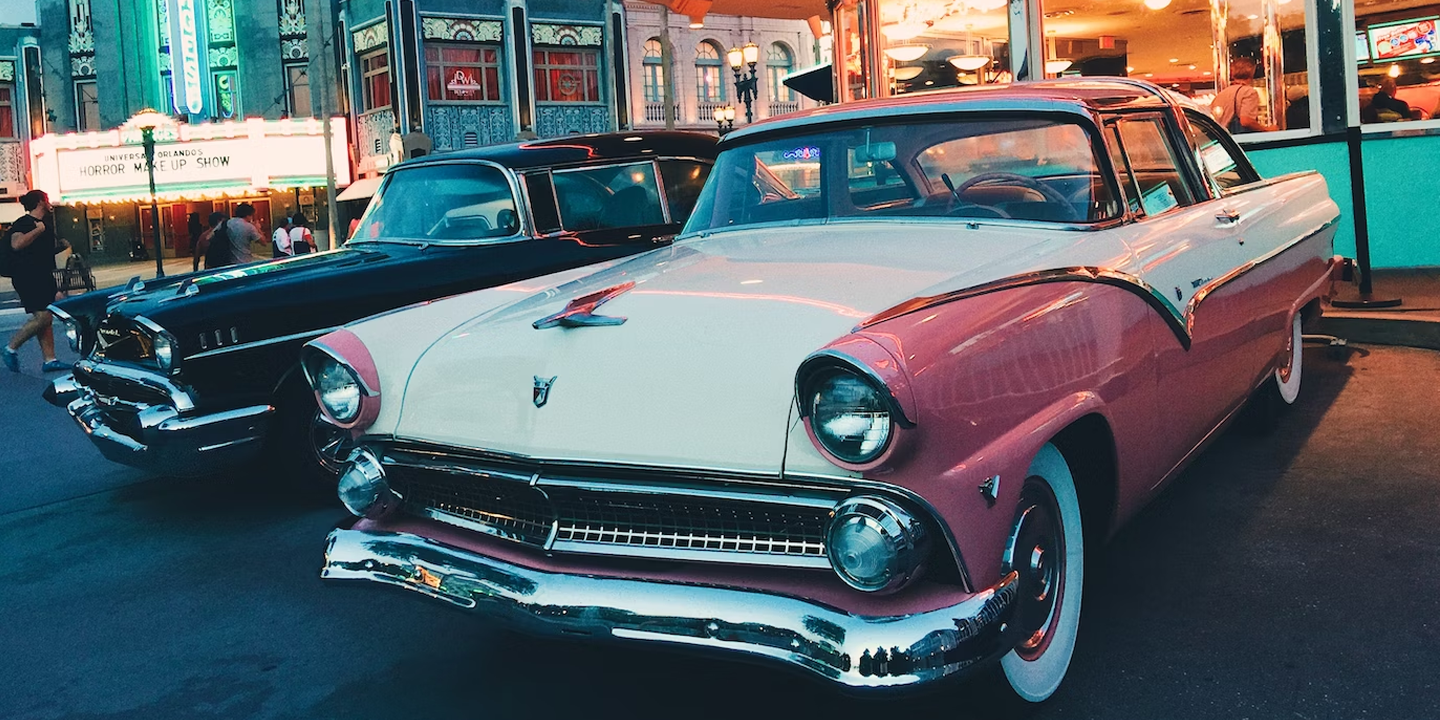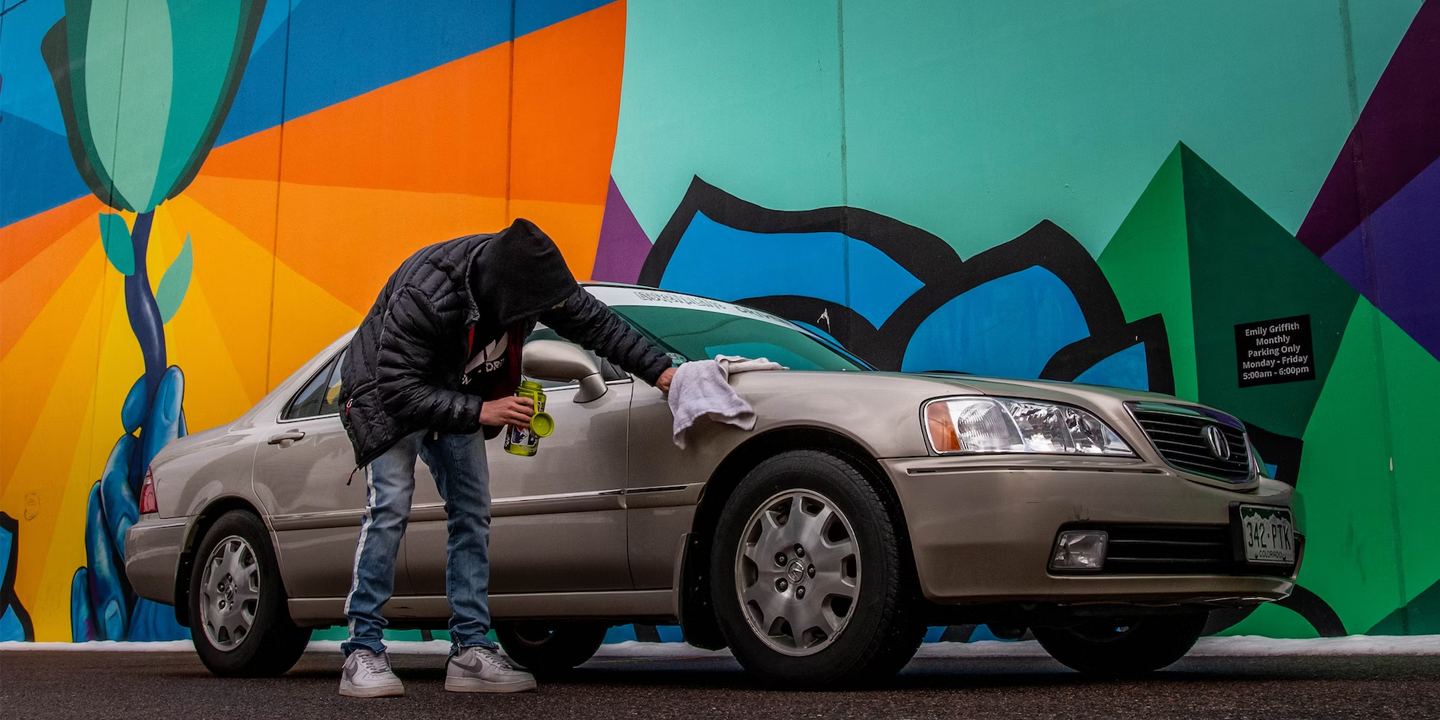Dealer's Choice?
Car trouble can be a hassle, but it’s even worse when your car tells you exactly where you have to go for repairs. Some vehicles give you the freedom to choose your mechanic, while others limit your options to overpriced dealerships who know they're your only choice. So, let's start by looking at the cars you can only take to dealerships for repairs before we explore those that offer a lot more flexibility.
1. Tesla Model S
"It's not a car. It's a computer on wheels," said Elon Musk. That idea rings true when the Model S breaks down. Independent mechanics lack access to Tesla's proprietary diagnostics and parts. Even simple repairs become impossible without the company's approval, which pushes owners toward costly dealership visits by default.
2. BMW 7 Series
Luxury demands loyalty, especially to your dealership. This flagship sedan features interconnected electronic systems requiring specialized diagnostic tools. Few independent shops invest in the equipment needed for such advanced servicing. Most drivers stick with BMW-certified centers, where software updates and complex recalibrations are routine yet expensive necessities.
3. Audi A8
Sophistication has a price, and the A8 proves it. Packed with adaptive suspension and driver-assist technology, this sedan needs technicians who are fluent in Audi's language. Shops outside the dealership rarely have the right training or tools, so alternative repairs are risky. Owners often have no real option but to return to Audi.
4. Mercedes-Benz S-Class
Sleek and full of secrets, the S-Class hides its tech behind a wall of proprietary coding. Air suspension, radar systems, and voice control modules demand factory-level support, and even seasoned mechanics hesitate. Mercedes owners typically accept dealership servicing as part of the cost of driving something this refined.
5. Porsche Panamera
Precision tuning defines Porsche, and the Panamera is no exception. Many components are VIN-locked, meaning they won't function until paired via official software. Independent garages rarely meet these standards. Consequently, most Panamera owners funnel into authorized service bays, where the brand keeps tight control over every repair.
6. Land Rover Range Rover
British charm doesn't compensate for maintenance headaches. Range Rovers often require computer recalibrations to replace a battery. The advanced Terrain Response system and air suspension also require brand-specific programming. Dealers have the upper hand here; most third-party shops are outmatched.
7. Jaguar F-Type
Driving an F-Type feels thrilling, but fixing one is less so. It blends beauty with finicky engineering. Independent shops can handle some mechanical work, yet electronic repairs are another story. The specialized tools and factory specs often push owners toward dealerships, where the know-how comes at a steep price.
8. Lexus LS
Whispers of reliability follow Lexus everywhere, but the LS's luxurious tech complicates things. Smart key systems and touch-based controls aren't easy to troubleshoot without dealer-grade software. Some independent shops try their hand, though LS drivers often err on the side of brand-backed caution.
9. Chevrolet Corvette C8
America's favorite sports car got an exotic update. Its mid-engine layout, complex aerodynamics, and track-ready tech make the C8 more like a race car than a muscle car. Independent garages can handle basic maintenance, but anything deeper usually goes to Chevrolet-certified centers. Warranty concerns further tip the scales toward official servicing.
10. Maserati Ghibli
The Ghibli speaks Italian in diagnostics, too. Even oil changes can trigger fault codes that require dealer-level resets. Its elegant design conceals a maze of brand-specific hardware, making third-party repairs a gamble. Most owners, reluctantly or not, wind up relying on Maserati's narrow dealership network.
Some cars tie your hands when it's time for a fix. Others? They hand you the wrench. Now that we've covered the dealership divas, let's shift gears to the rides that play nice with your local mechanic.
1. Honda Civic
Straightforward and sensible, the Civic makes life easier for drivers and mechanics alike. Replacement parts are cheap, manuals are clear, and repairs are rarely dramatic. Many independent shops even specialize in Hondas. Overall, the Civic demands regular checkups and a decent socket wrench.
 JustAnotherCarDesigner on Wikimedia
JustAnotherCarDesigner on Wikimedia
2. Toyota Camry
A trusted name in simplicity. The Camry's engine bay feels designed for everyday fixes. Independent mechanics appreciate its consistency and predictability. Hence, repairs are fast and widely understood. This is a car that welcomes the do-it-yourself crowd and keeps roadside shops in business across the country.
3. Ford F-150
For the Ford F-150, brakes, belts, and engine work are all well within the expertise of most independent shops. Replacing brake pads and rotors is a straightforward task, with many mechanics able to complete it in under an hour. Similarly, serpentine belts are a common fix, thanks to their standard layouts that don't demand extensive labor.
4. Chevrolet Silverado
Family-owned garages know the Silverado well. It's been a workhorse for decades, and repairs rarely require dealer intervention. Diagnostic systems are familiar, and significant fixes are even manageable outside official service centers. That accessibility makes it a smart choice for budget-conscious truck owners.
5. Subaru Outback
This is a rugged crossover that doesn't hide behind complicated tech. While AWD systems once posed challenges, modern Outbacks now share their secrets more openly. Independent shops have adapted, and parts are widely available. Drivers can confidently skip the dealership unless something unusually high-tech comes into play.
6. Hyundai Elantra
The Elantra is the no-drama compact. With its straightforward design and simple layouts, routine fixes are a breeze for mechanics, and replacement parts are both quick and affordable to source. It’s the kind of car that easily fits into any shop’s comfort zone.
7. Mazda CX-5
The CX-5 offers smooth handling and straightforward maintenance, with its engineering on full display. By avoiding unnecessary electronic restrictions, the brand earns praise from mechanics for its transparency. This SUV masterfully combines modern driving features with old-school fixability—a rare feat in today’s market.
8. Kia Soul
The Soul may have a quirky appearance, but its repairs are straightforward. Mechanics appreciate working on it due to familiar hardware and easy-to-access electronic systems. Affordability goes beyond the initial price tag, as it continues to shine every time the Soul pulls into a non-dealer shop for service.
9. Nissan Altima
Middle-of-the-road never looked so good to your wallet. The Altima avoids the complexity of luxury sedans and focuses on practical engineering. Local mechanics know their way around its components. Whether you need a tune-up or a transmission, you won't need a dealership appointment.
10. Jeep Wrangler
The Wrangler has always embraced its DIY spirit. Repairs are seen as weekend projects by enthusiasts, with vast aftermarket support making customization and fixes easy. Its boxy frame invites tinkering, and many Wrangler owners end up becoming experts in their own right. It's the freedom of the open road—and the garage.



























